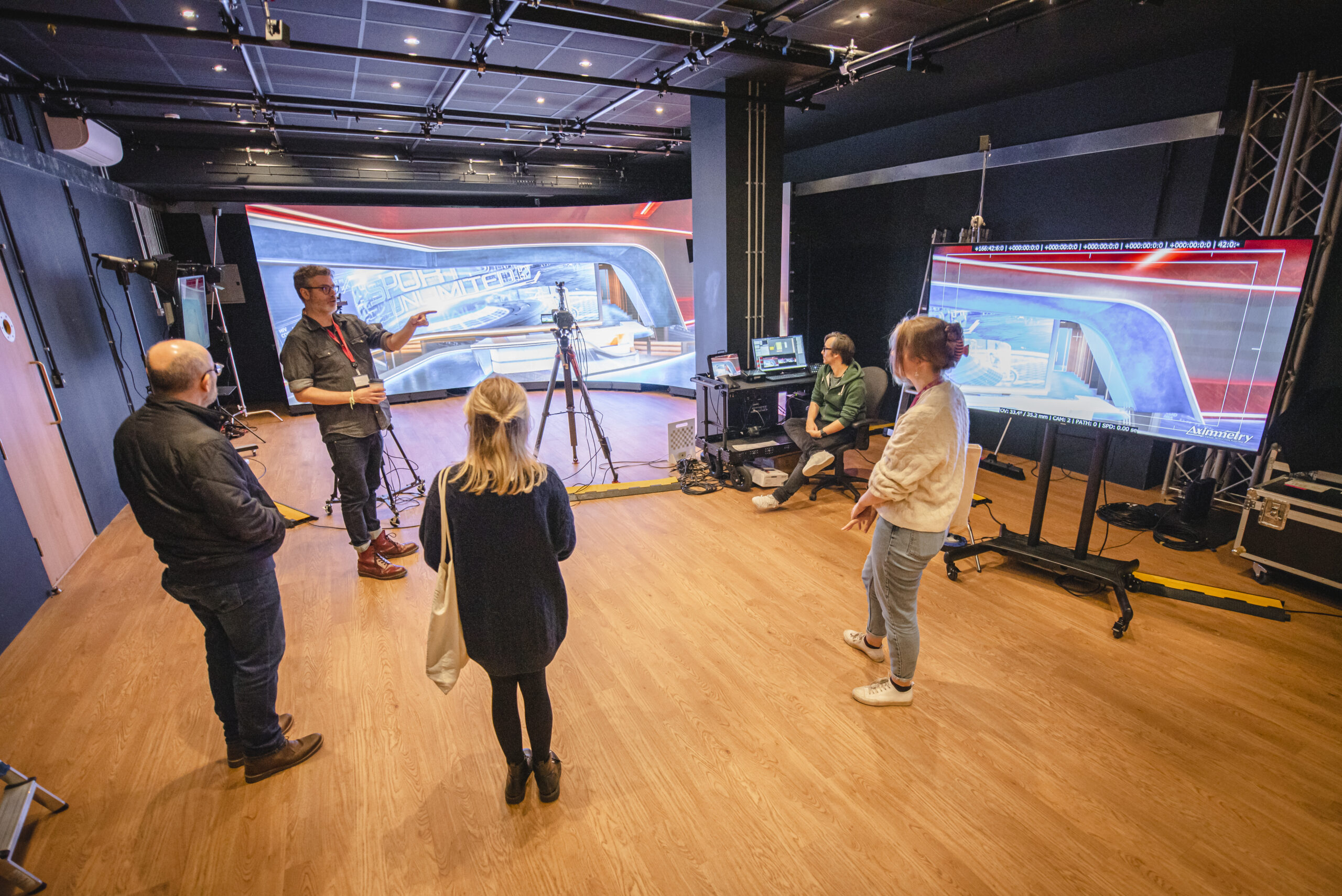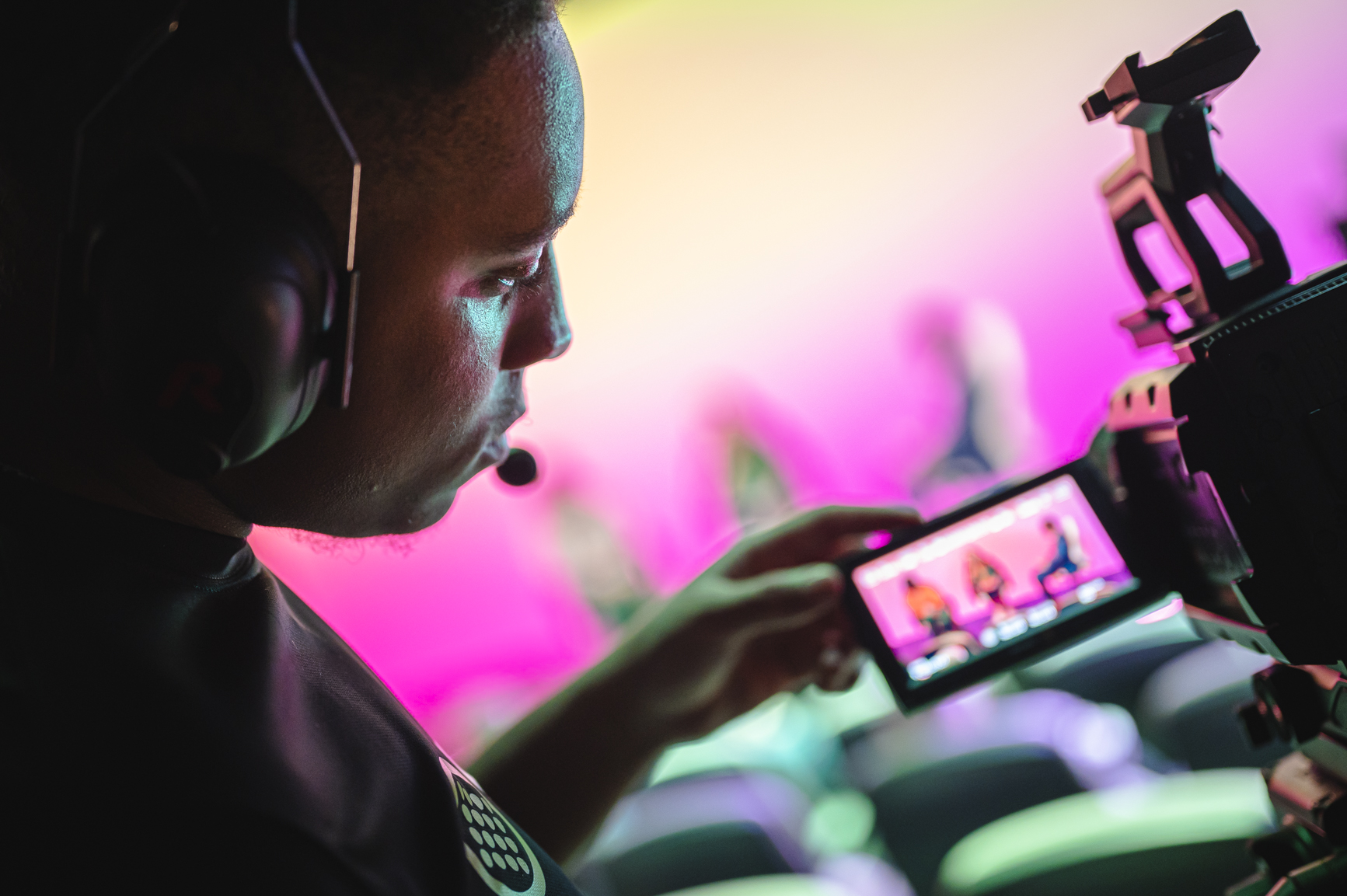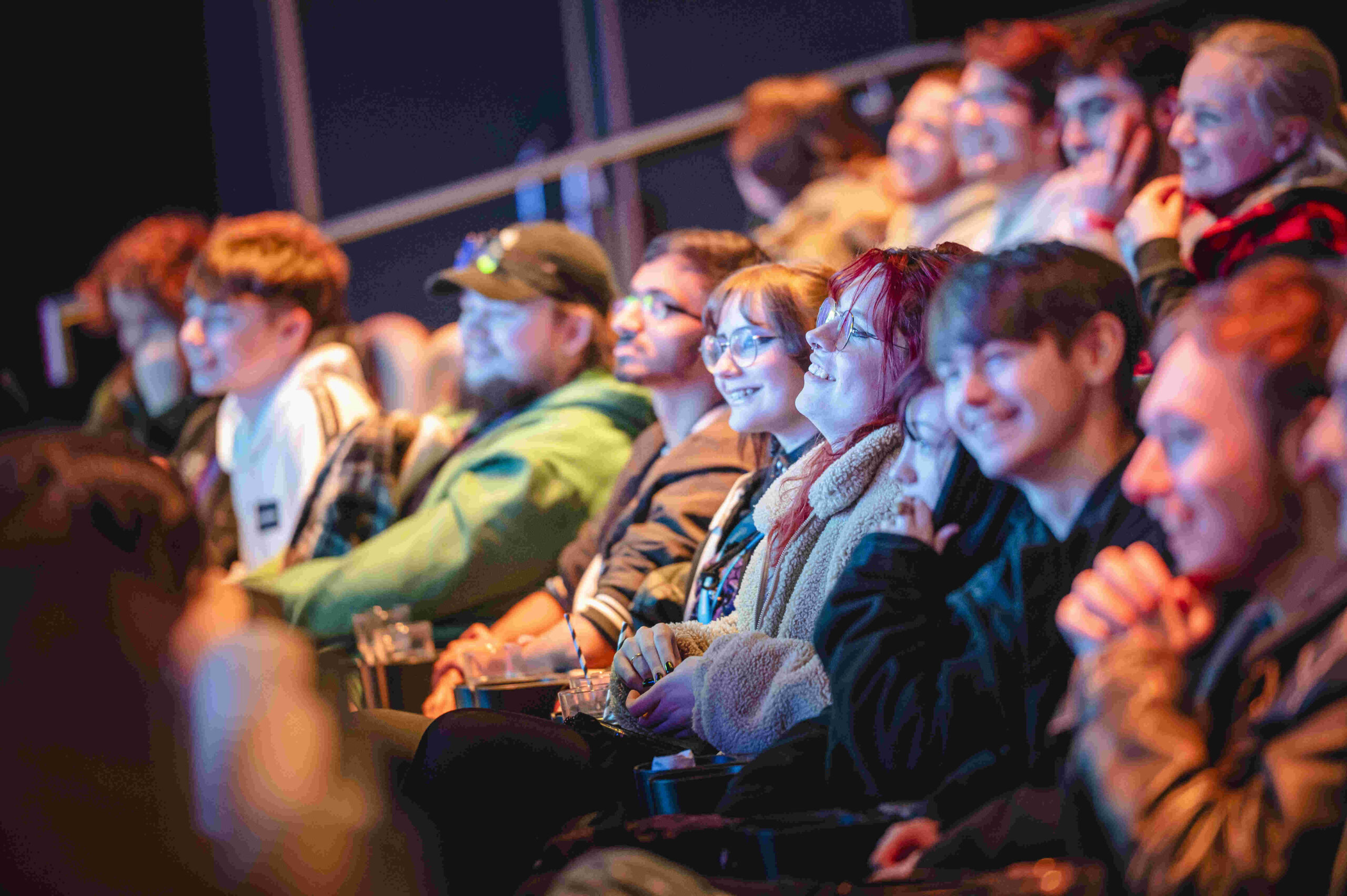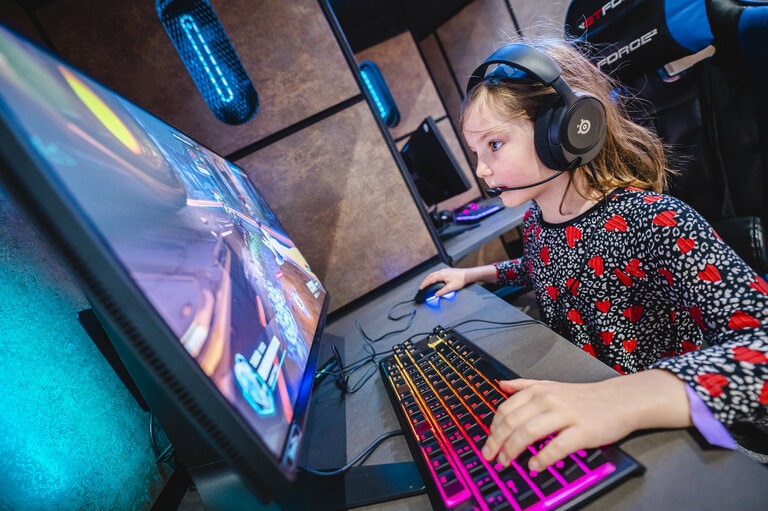From initial look development to production-ready models and environments, asset development within Virtual Production is the responsibility of the Virtual Art Department.
This module will allow you to learn and develop the skills required to work with industry-standard software to create camera-ready assets for production, such as objects, animals and props.
During this module you will work alongside a client to develop a portfolio of assets which you will present at the end of the module. By the end you will evidence 80 hours of work like experience.
Real Time Engines (40 credit points)
Virtual Production combines virtual and augmented reality with real time engine technologies to enable production crews to see their scenes unfold as they are composed and captured on set.
This module will teach you how to use and integrate real time engines with traditional and emerging technologies in order to see image output in real time to a live LED wall and produce final-pixel imagery, completely in camera.
You will create a portfolio of assets using real-time engines in order to evidence the learning outcomes for this module.
Visualisation (20 credit points)
In this module students will learn about the role of Visualisation in Virtual Production.
Visualisation is the starting point of a production and its ability to leverage real time technologies means it has become the cornerstone of effective virtual production.
Visualisation is used to convey the creative intent of a shot or sequence. Visualisation can take the form of Pitchvis, Previs, Virtual Scouting, Techvis, and Postvis.
You will engage in research and enquiry to develop knowledge regarding the different factions of Visualisation in order to meet the learning outcomes for this module.
Virtual Cinematography (20 credit points)
Virtual Production is changing the role of the on-set cinematographer. This module will allow you to explore the relationship between real-world camera technology and the virtual equivalent across a wide range of Virtual Production contexts.
In this module you will learn how virtual cinematography simulates real-world camera characteristics,
including optical properties, camera format, aspect ratio, and movement.
You will develop a portfolio of asset using virtual cameras and will also work with real cameras to study and learn how they interact with in-camera visual effects presented on an LED volume.







